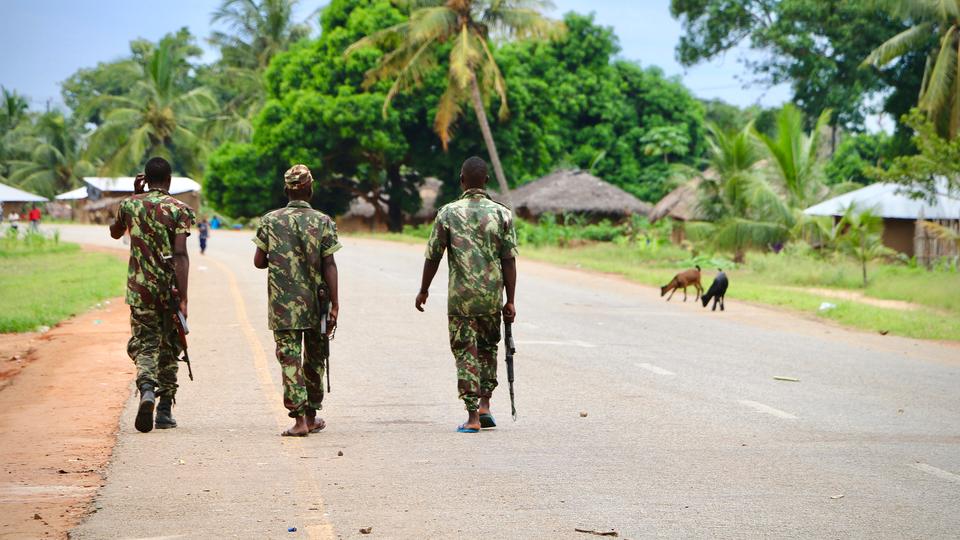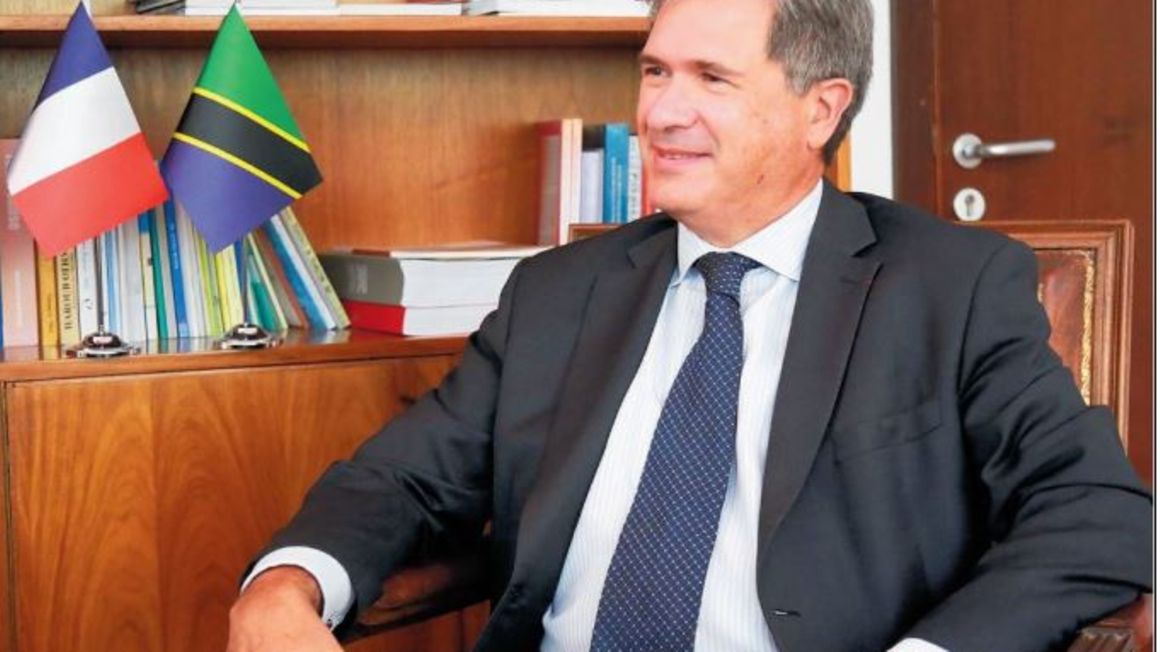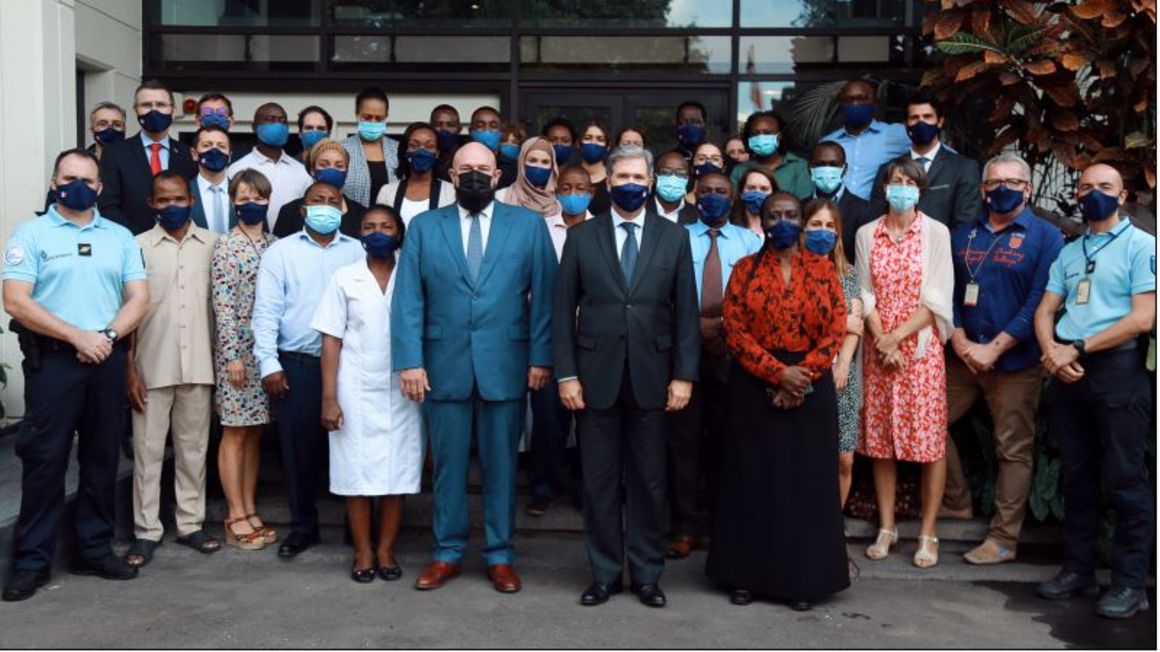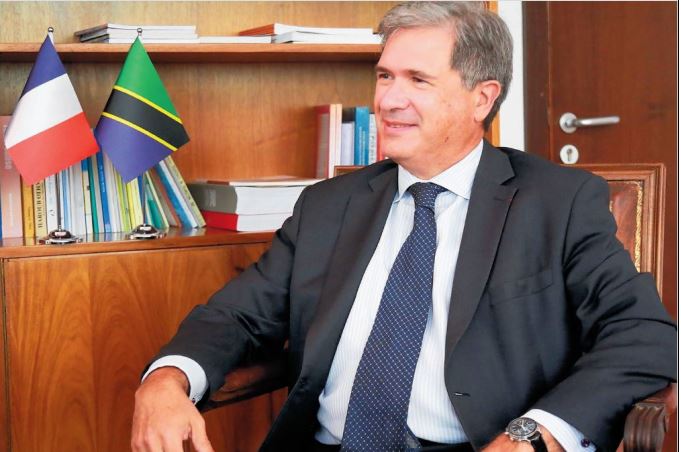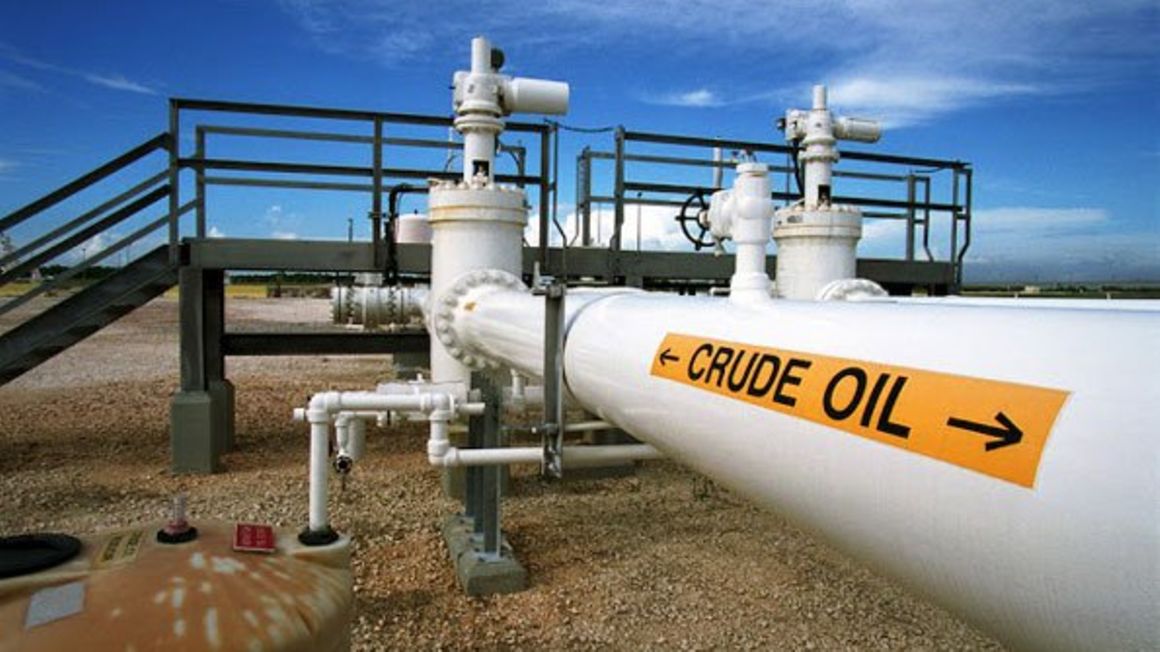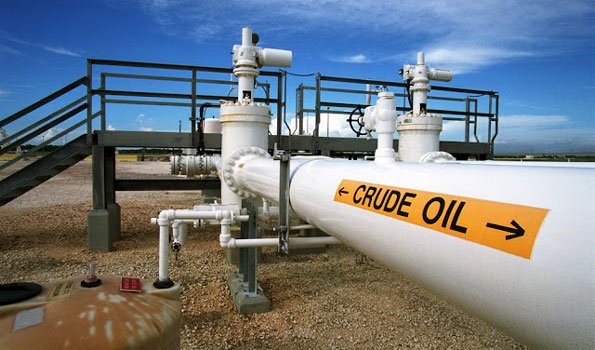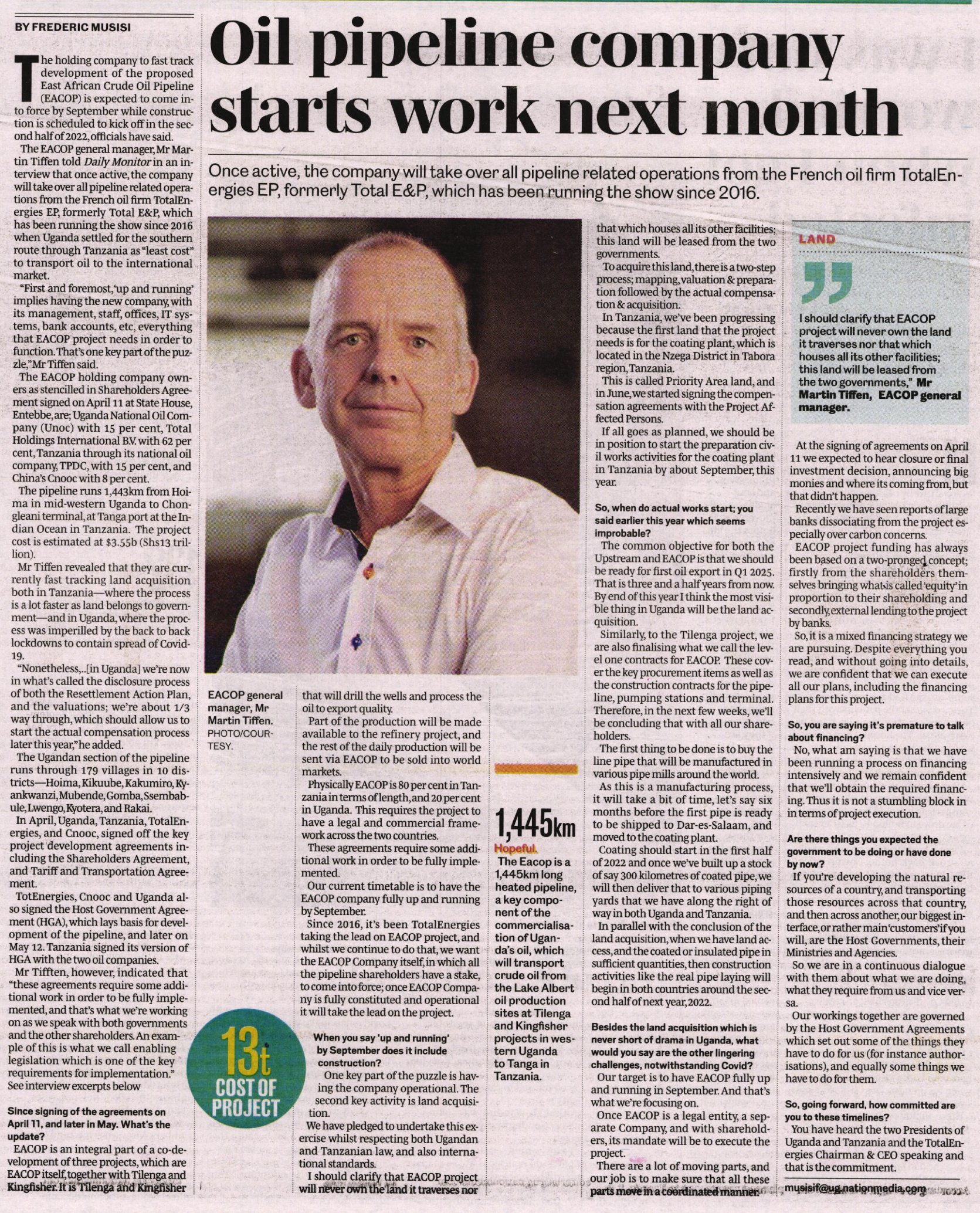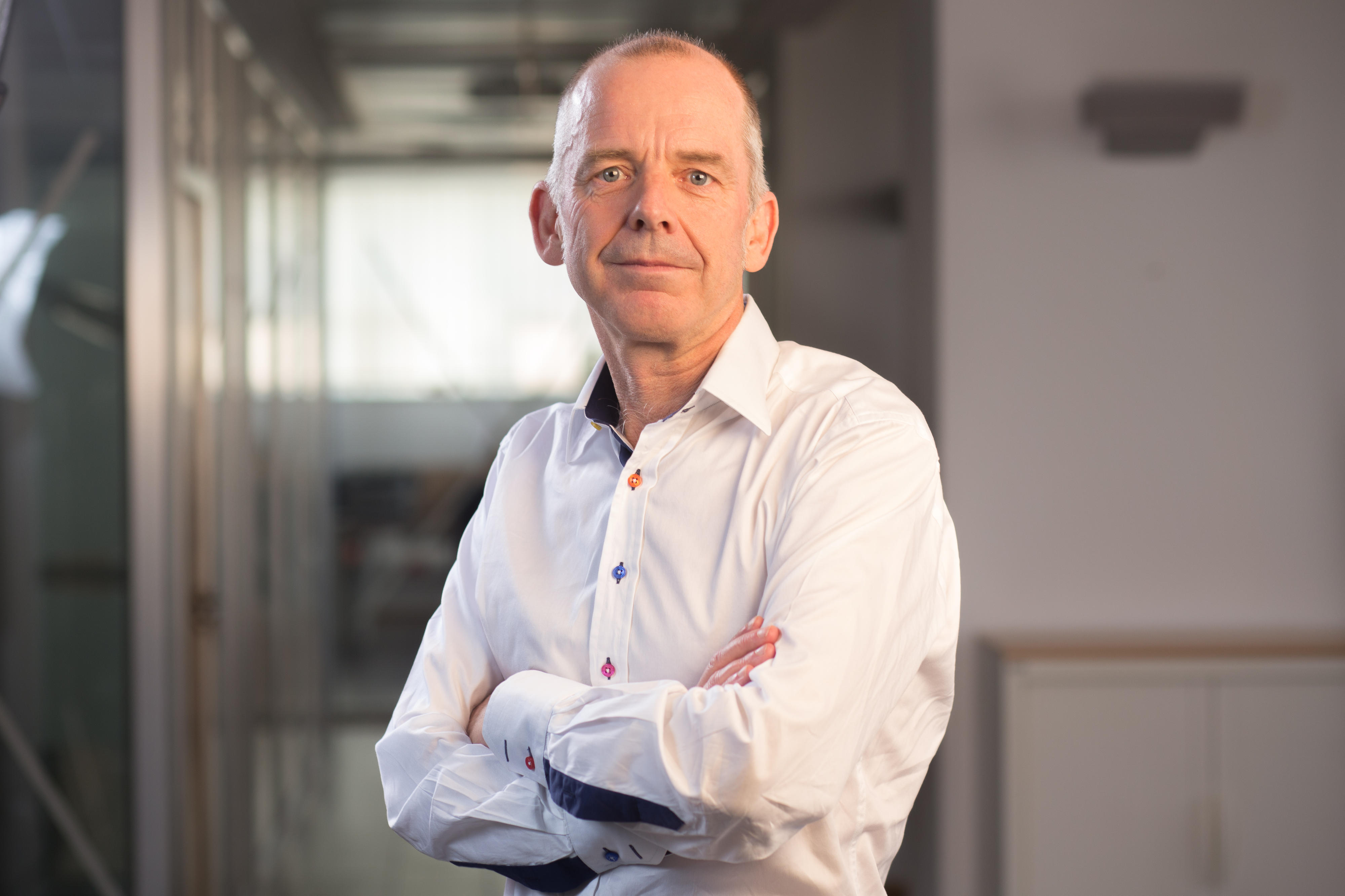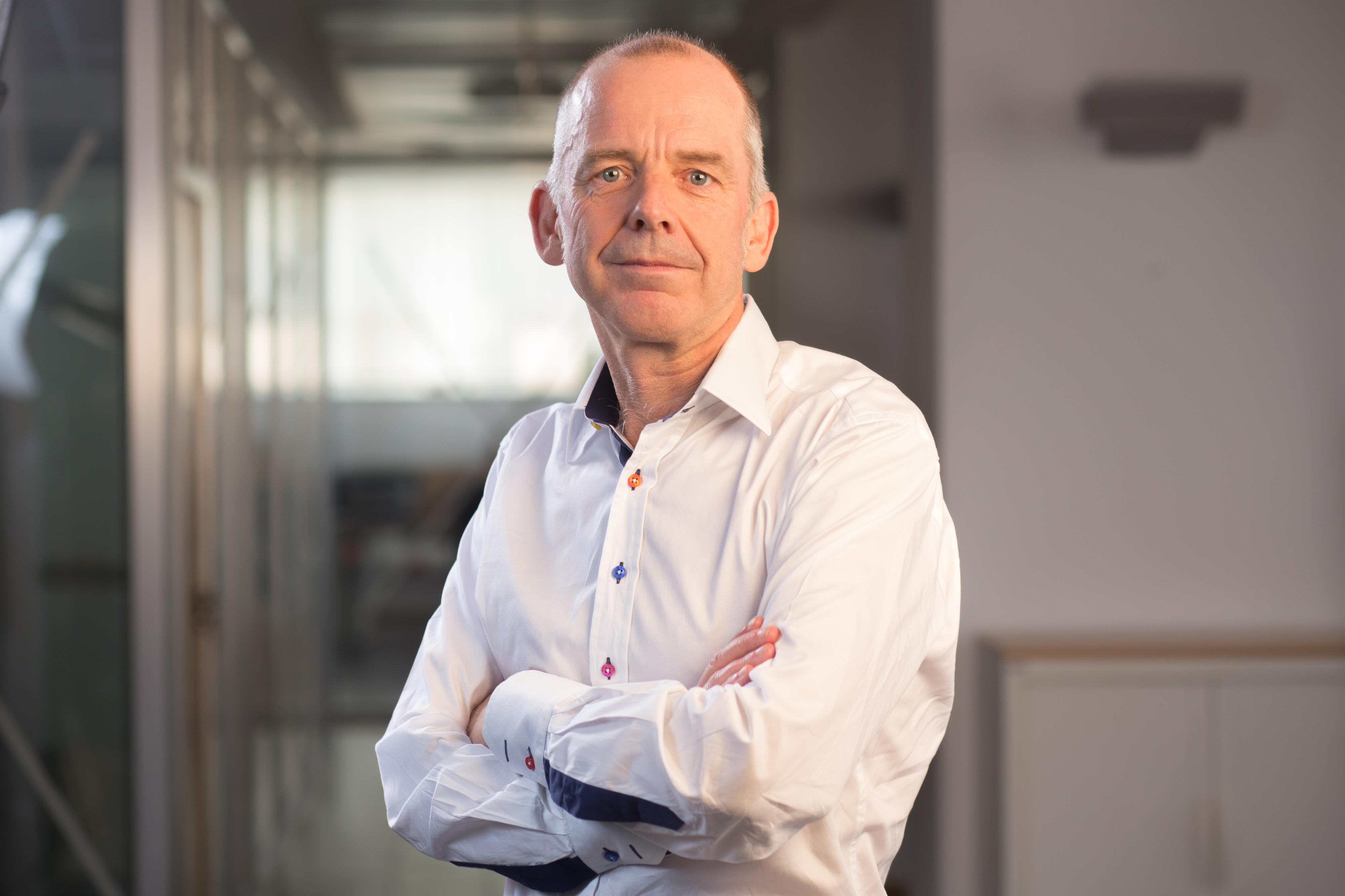wa kupuliza
JF-Expert Member
- Jun 15, 2012
- 15,226
- 37,574
Hii maneno si level yako mzee! soma makala niliyokutumia! Wanajeshi wa Rwanda labda DRC ila Mozambique sidhani! France imefungua ubalozi wake Kigali baada ya mahusiano ya kibalozi kati France na Rwanda kkutokuwapo kwa muda mrefu!
Bado unabisha?
